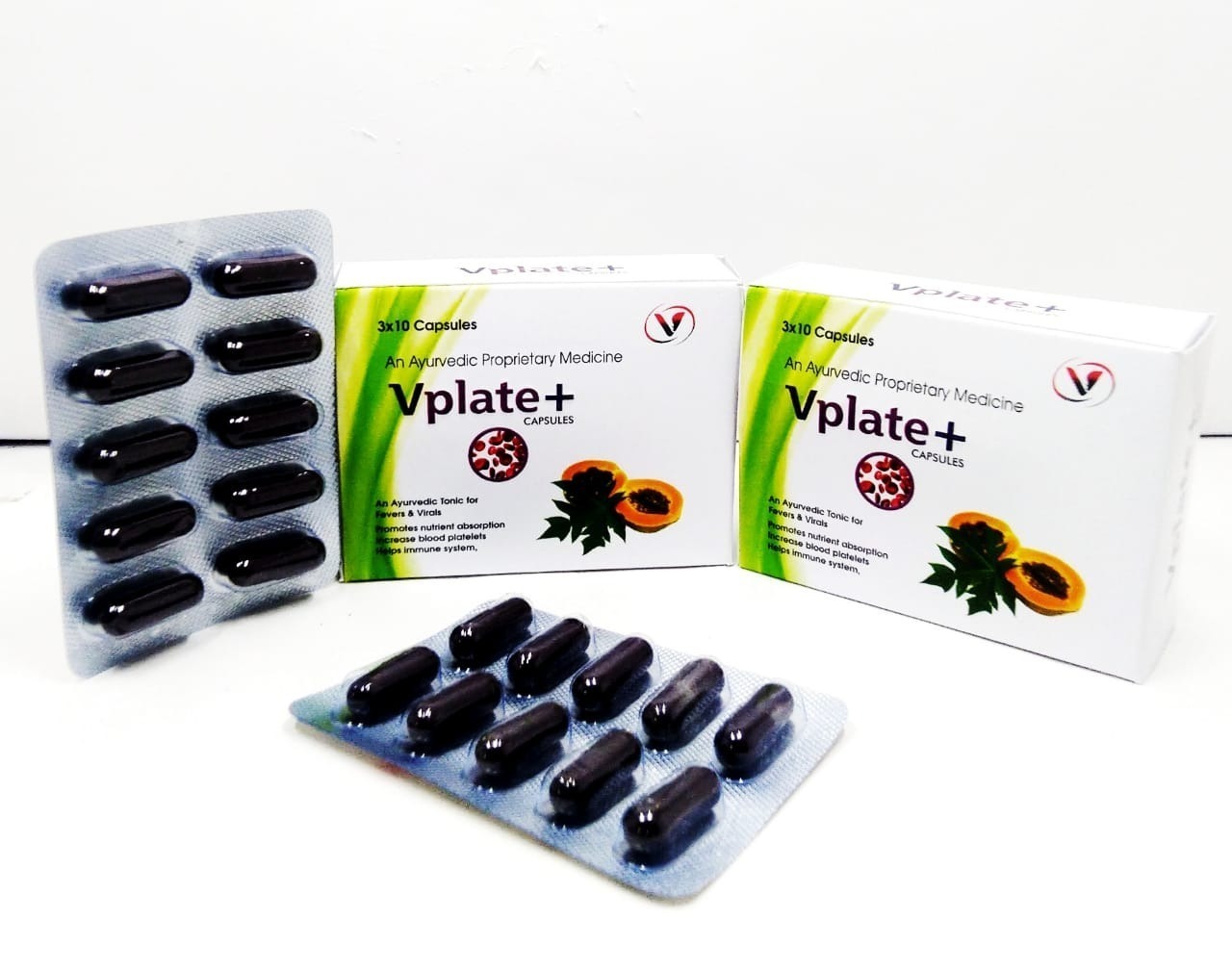Dengue fever, a mosquito-borne viral infection, affects millions globally each year. One of its critical complications is thrombocytopenia, a condition characterized by a significant drop in platelet count. Platelets, or thrombocytes, are vital for blood clotting, and their depletion in dengue patients can lead to severe bleeding and other life-threatening complications. Understanding when and how platelet count increases during dengue is crucial for managing the disease effectively.
Read this article to learn about:
ToggleDengue Cases in Delhi Today
Dengue cases in Delhi Today, with health authorities reporting a significant rise in the number of infections across the city. The situation has heightened concerns about public health, prompting increased efforts in mosquito control and public awareness campaigns to prevent the spread of the disease.
Shubman Gill Dengue: the young Indian cricket sensation, has been in the news recently due to his struggle with dengue. Just before the 2023 ICC World Cup, he received the diagnosis, which prevented him from playing in India’s opening matches against Australia and Afghanistan.
How to Identify Dengue Mosquito
The dengue mosquito is easily identified by its distinctive black and white striped legs and the white pattern on its thorax. Unlike most mosquitoes, it is active during the day, especially at dawn and dusk. It prefers to breed in clean, stagnant water found in items like flowerpots, water storage containers, and discarded tyres. Recognizing these mosquitoes and eliminating their breeding grounds are key steps in preventing dengue.
The Role of Platelets in Dengue
In dengue, the virus directly affects the bone marrow, where platelets are produced, leading to reduced production. Additionally, the immune system’s response to the virus can cause platelets to be destroyed at a higher rate. The virus also increases capillary permeability, leading to leakage of fluid and, in some cases, haemorrhaging.
When Does Platelet Count Drop?
During the first three to seven days of dengue infection, often referred to as the febrile phase, the patient experiences high fever, muscle and joint pains, and a general feeling of malaise. It is during this phase that the platelet count begins to drop. This decline typically continues into the critical phase (days 4-7), where the platelet count may reach its lowest point. The critical phase is the most dangerous period for dengue patients, as this is when complications like severe bleeding and dengue shock syndrome are most likely to occur.
The Recovery Phase: When Platelets Begin to Increase
The good news is that after this critical phase, the body usually enters the recovery phase, which is typically marked by a gradual return of appetite, stabilization of vital signs, and a noticeable increase in platelet count. This recovery phase generally starts around the 7th to 10th day of the illness, although the exact timing can vary depending on the severity of the infection and the patient’s overall health.
During the recovery phase, the bone marrow starts to recover from the viral assault, and platelet production ramps up. Additionally, as the immune response begins to subside, the destruction of platelets also decreases. Patients might notice symptoms like itching and a rash, which are signs of recovery.
Factors Influencing the Rate of Platelet Recovery
The rate at which platelet count increases during dengue recovery can vary widely among individuals. Several factors influence this recovery:
- Severity of the Infection: Severe cases of dengue, such as dengue hemorrhagic fever or dengue shock syndrome, often experience a slower recovery of platelet count.
- Overall Health and Immune System Strength: Individuals with strong immune systems or those who maintain good hydration and nutrition during the illness may experience a faster recovery.
- Timely Medical Intervention: Receiving appropriate medical care, including hydration therapy and monitoring of vital signs, can aid in a quicker recovery of platelet counts.
- Use of Supportive Therapies: Some treatments, like the administration of papaya leaf extract, have been traditionally believed to help increase platelet count, although scientific evidence on their effectiveness is mixed.
Monitoring Platelet Count During Recovery
Regular monitoring of platelet count is essential for managing dengue. Healthcare providers often recommend daily blood tests during the critical phase to track platelet levels and other blood parameters. Once the platelet count begins to increase, it is a positive sign, but continued monitoring is necessary until the count returns to a safe level.
To manage their symptoms, medical professionals typically encourage patients to follow medical guidance rather than take non-steroidal anti-inflammatory medicines (NSAIDs) like aspirin, which might worsen bleeding. Adequate rest, hydration, and a balanced diet can also support the body’s recovery process.
How long Dengue Fever Lasts
Dengue fever typically lasts between 7 to 10 days. The illness starts with a sudden high fever and other symptoms like severe headaches, joint and muscle pain, and a rash. The most critical phase occurs around days 4 to 7, where complications like a drop in platelet count can arise. After this, most patients enter the recovery phase, where symptoms gradually subside, and they begin to feel better. However, full recovery can take weeks, depending on the severity of the infection and the individual’s health.
Conclusion:
The increase in platelet count during dengue recovery is a crucial turning point in the patient’s journey back to health. While the timeline for this increase typically begins around the 7th to 10th day of illness, it can vary based on individual factors. Understanding the phases of dengue and the body’s response can help in managing the disease effectively and ensuring a smooth recovery.
In cases of dengue, where the potential for complications exists, seeking timely medical attention and following the advice of healthcare professionals is essential. With proper care and monitoring, most dengue patients see their platelet count rise and eventually return to normal, paving the way for full recovery.

